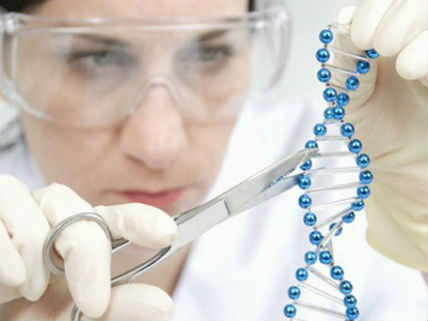 CRISPR-Cas9, an innovative technique used to modify genes, has recently been approved by a federal ethics and biosafety panel for the first-time trials on human being. Researchers from the University of Pennsylvania aim to remove cells from a patient, edit their properties to let them better fight cancerous cells, and administer them back into the individual.
CRISPR-Cas9, an innovative technique used to modify genes, has recently been approved by a federal ethics and biosafety panel for the first-time trials on human being. Researchers from the University of Pennsylvania aim to remove cells from a patient, edit their properties to let them better fight cancerous cells, and administer them back into the individual.
With medical technology advancing so far, new controversial techniques often arise which result in high risk, high reward procedures. Allowing human trials to begin for gene editing could cause unseen effects on patients which were missed in the testing stages. Although approval from the federal ethics and biosafety panel is a huge step forward, the research team still needs approval from the FDA and hospitals before they can begin testing.
Founded by the Parker Institute for Cancer Immunotherapy, the Pennsylvania research team plans to alter immune system T cells from around 15 patients with three forms of cancer: multiple melanoma, melanoma and sarcoma. The T cells are modified to fight malignant calls normally before being administered back into the patient. Since these are the first human trials, early studies will be focused on safety and efficiency to ensure no short-term or long-term complications arise.
If the trial proves effective, the scientists believe the method could be used to permanently cure diseases such as Down syndrome, sickle-cell anemia, and even the possibility of treating blindness in the future. By repairing embryonic cells in a patient, this technique will ensure genetic disease are not passed to future generations.
Medical research and technology, such as CRISPR, requires advanced lab devices and tools to ensure all tests are completed correctly before moving forward.
Source: Engadget



